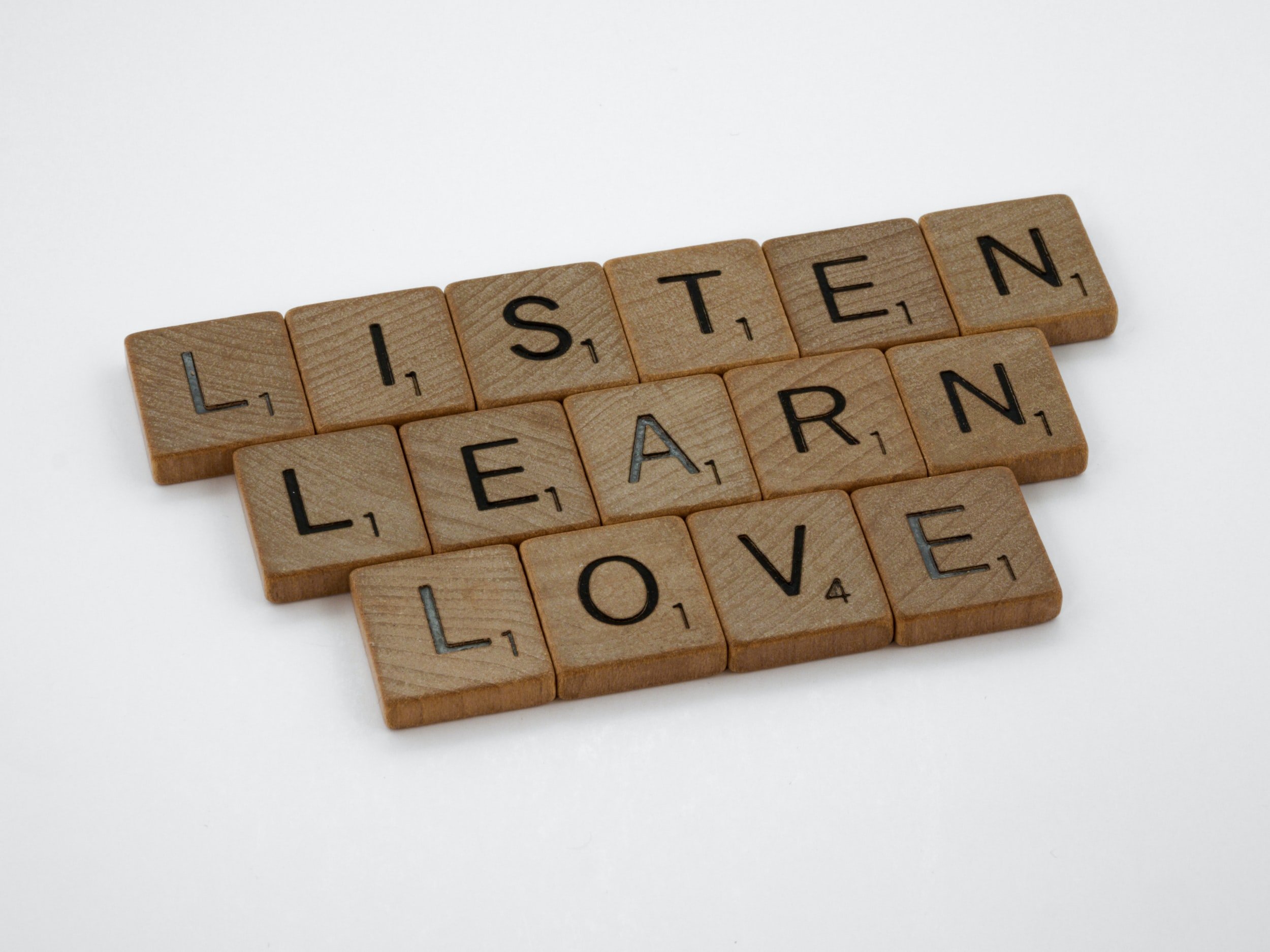
Recover. Regain Strength. Return to being you.
How Isabella can help you with your relationships.
Relationships Mission: Have a better relationship with yourself and others
Relationship with Others
What does a healthy relationship look like? And is this your relationship?
Factors include each individual in the relationship:
Having a strong sense of independence (I want you, but I don’t need you).
Viewing a relationship as a cooperative (“We” instead of You and I).
Having willingness to communicate (Even in the most difficult situations).
Being committed beyond the ‘good times.’
Having the ability to effectively communicate emotional needs (Over manipulation).
Feeling safe enough to express themselves and to be vulnerable.
Relationship with Self
Building better relationships with others often starts with needing to build a better relationship with yourself. This includes building on your:
Self-awareness.
Self-esteem.
Self-compassion.
Self-love.
Self-validation.
We attract and are attracted to people for reasons beyond “love.” This includes being attracted to what is subconsciously familiar to us from childhood, and what we think we deserve.
Relationships Mission: Understand what a relationship with a NPD and/or BPD individual looks like
Relationship with a Borderline Personality Disorder (BPD) individual
Some signs and behaviours:
Do you or anyone you care about identify with the following statements?
I’m constantly afraid that the people I care about will abandon or leave me.
I would describe most of my romantic relationships as intense, but unstable.
The way I feel about the people in my life can dramatically change from one moment to the next, and I don’t always understand why.
I can pick fights when I’m feeling bored or insecure.
I can need dramatic expressions of love or hate, in order to feel like I’m in an exciting relationship.
Relationship with a Narcissistic Personality Disorder (NPD) individual
Some signs and behaviours:
Do you or anyone you care about identify with the following statements?
I’m involved with someone who:
Lacks empathy for other people.
Is self-centred and has a need to be admired.
Can come across as arrogant, manipulative and/or judgemental.
Has a high opinion of themselves, but can devalue others.
Is intolerant and hyper-sensitive to anything perceived as criticism.
Relationships Mission: Understand the relationship between a NPD individual and a BPD individual
The BPD and NPD Relationship
A relationship between an individual with NPD and an individual with BPD is a potentially toxic union. It can start off appearing as a good combination, as both NPD and BPD individuals are capable of instant intimacy, and therefore believe that they have finally found the “perfect mate.” This makes the courtship period intense and fun. However, the NPD individual is likely to start devaluing the BPD individual when they realise that they have flaws. In addition, the BPD individual is likely to be triggered by the NPD individual’s inability to show emotional empathy, and extremely limited capacity for intimacy.
Ways in which Isabella can help you with BPD and/or NPD Relationships
-
It can be hard for an untrained person to determine if what they are seeing and experiencing from a partner are symptomatic of BPD and/or NPD, or if they are simply traits. I will help you understand the different types of signs, symptoms and behaviours as it applies broadly to these disorders, and more specifically to your loved one.
-
Clients interacting with a NPD and/or BPD individual can find it helpful to understand how factors such as attachment, upbringing, trauma and family have impacted on their partner, and their way of thinking and behaving. It is also helpful for clients to understand the likelihood of change and what a relationship may look like should it continue.
-
Sometimes it is not possible to leave the relationship with the NPD and/or BPD individual. For example, when children are involved, or if it is a family member or a work boss. Sometimes also, a person is simply not emotionally ready to let go. In these cases, we run through strategies to better manage these relationships, with the objective of minimising negative effects on well-being. This includes exploring what being in a relationship with a BPD or NPD individual really means, what is realistically possible versus not, and establishing boundaries.
-
Ending the relationship with a NPD and/or BPD individual can be an emotional process which extends beyond that of a “normal” relationship. Often clients are trauma bonded to their partner and this requires careful processing and increasing of self-worth, before, during and after the break-up.
-
I help individuals identify traits and ways to manage their relationships in terms of factors such as boundary building and creating better interactions.
-
If you are someone diagnosed with BPD and/or NPD, or if you suspect you may have some traits, I can help you create better relationships with yourself and with others.
Individual Therapy
Tailored therapy. It is important to explore factors such as attachment styles, upbringing, who they attract and are attracted to and why, relationship patterns in current and past relationships and so forth. This can help necessitate awareness and change. Relationship work can also involve working on an individual’s relationship with themselves, which is paramount in interactions with others.
50 mins | Telehealth | Get started
Couples Therapy
Tailored therapy. When one or both partners have BPD and/or NPD. Managing and coping strategies to build better or exit relationships.
50 mins | Telehealth | Get started


